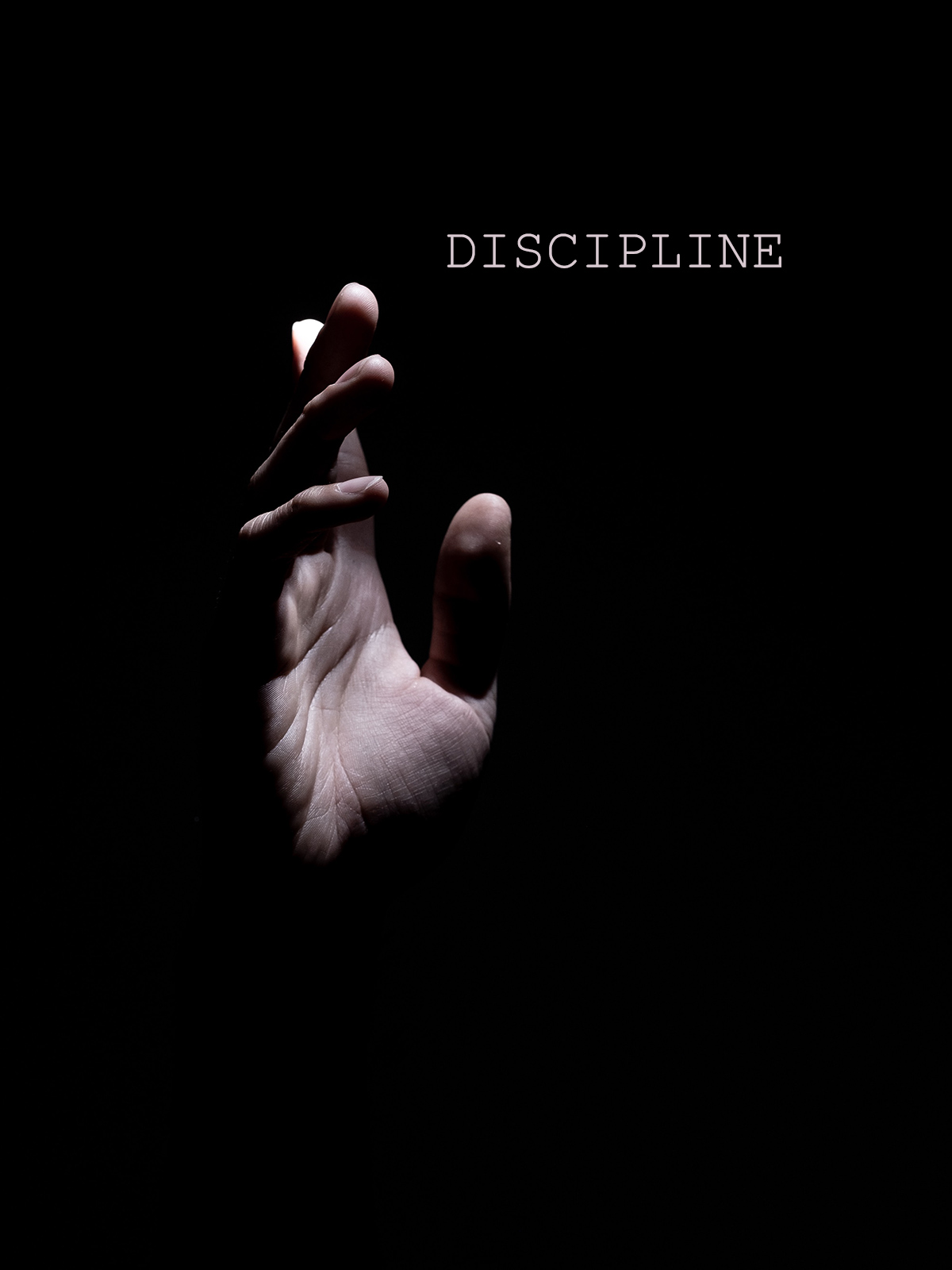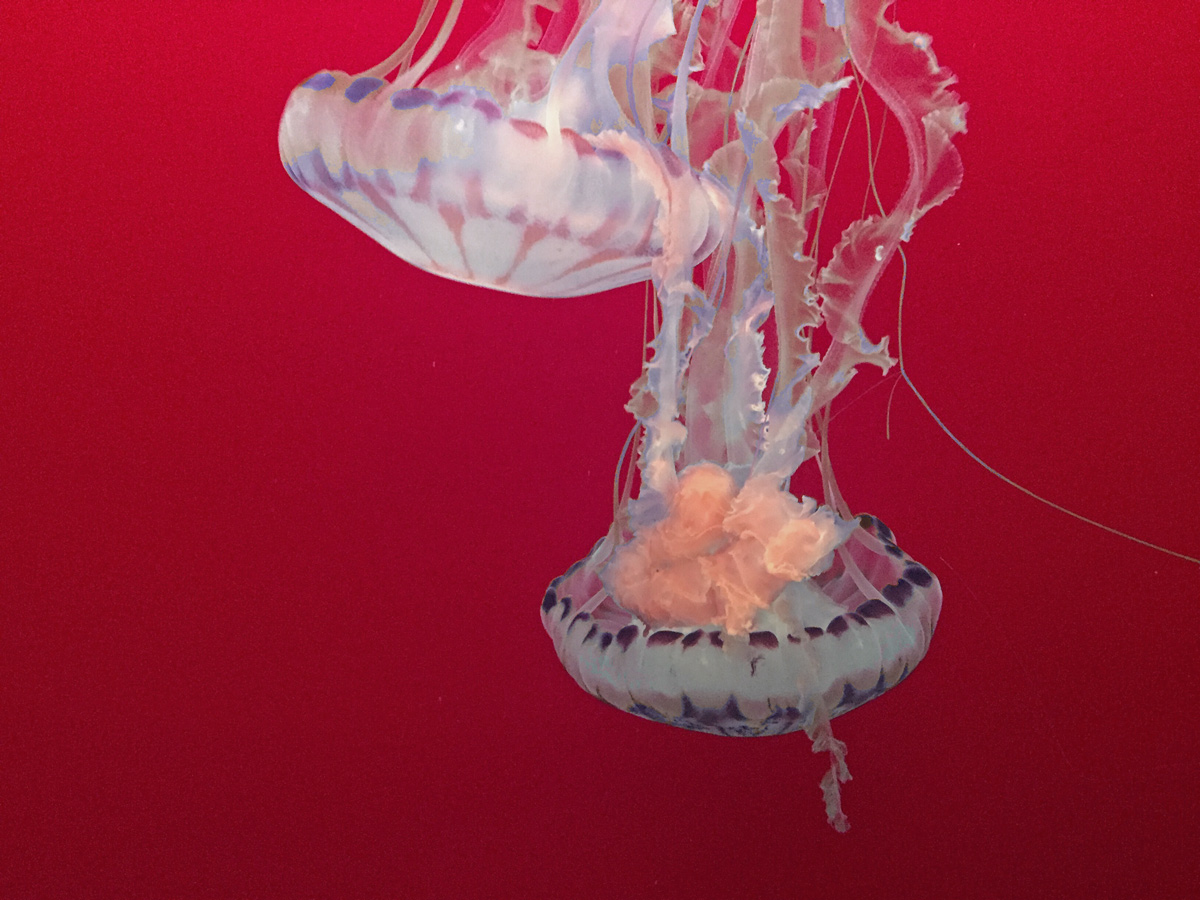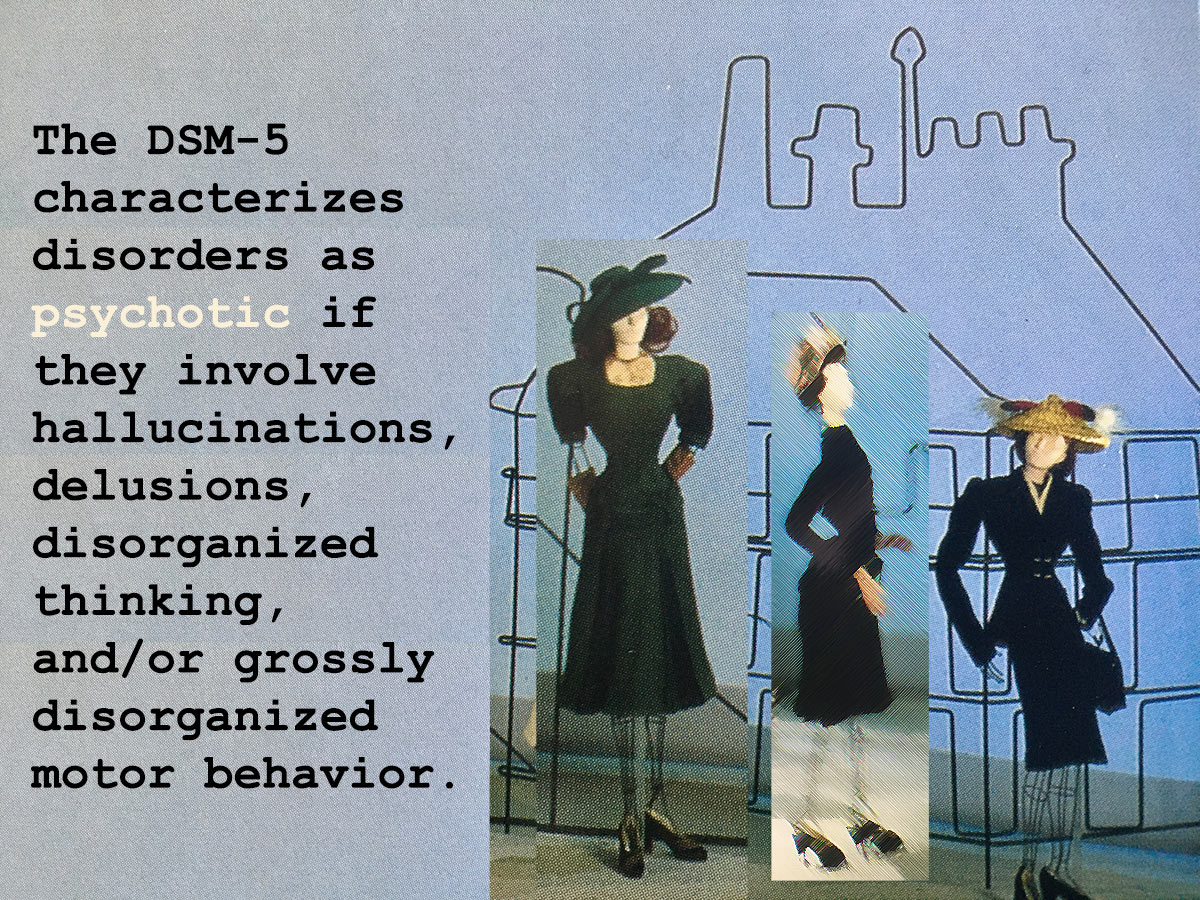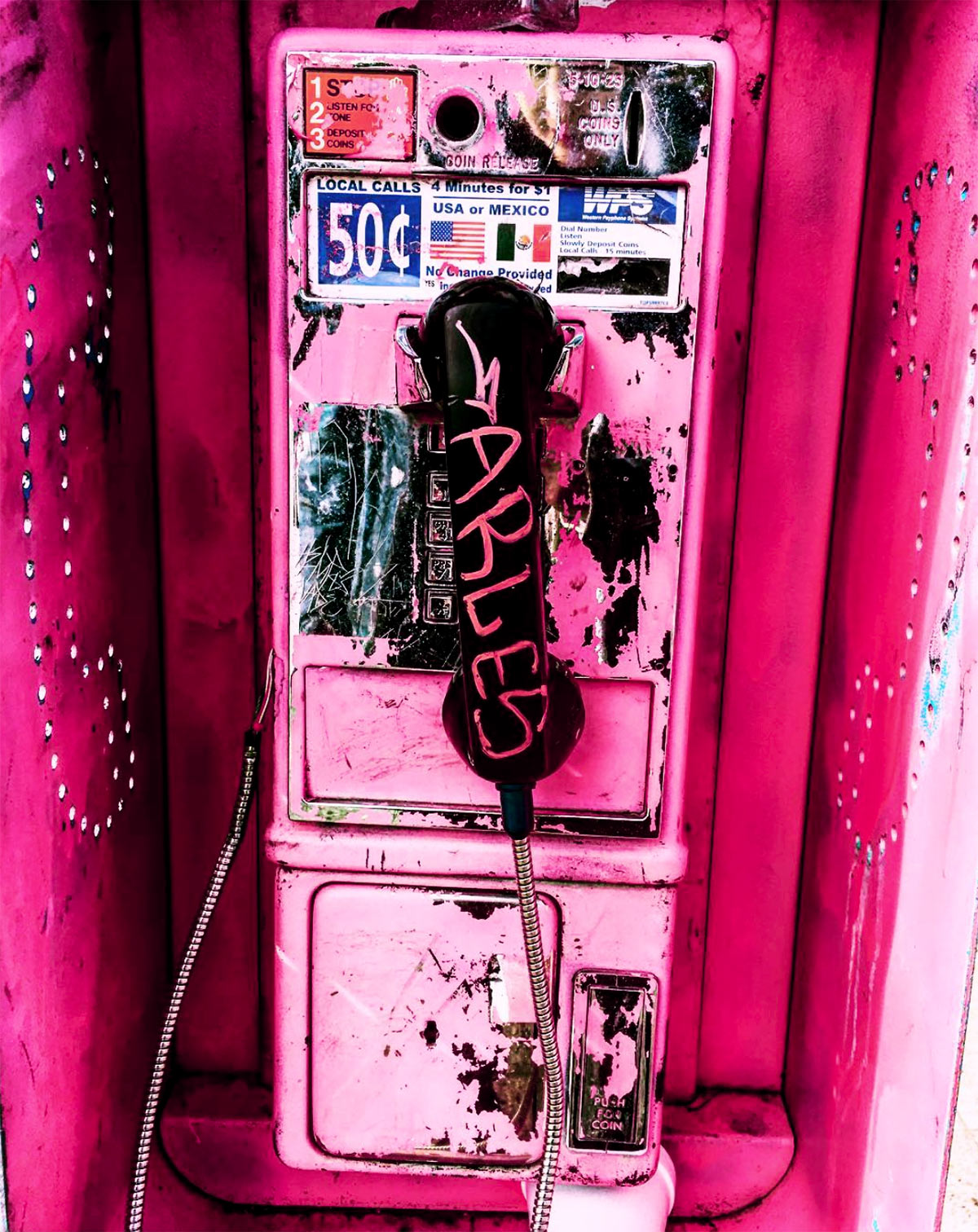

Have you ever had a conversation/experience that makes you feel like you’ve been sucked into a dimension where everything you believe has a question mark?
We’re looking at those question marks.
Next month is about:

Our duende writing contest is still open.
And, today marks 6 months since we launched.
Thank you for being a part of this adventure.
Love,
amanda lezra
Editor-in-Chief

Have you ever had a conversation/experience that makes you feel like you’ve been sucked into a dimension where everything you believe has a question mark?
We’re looking at those question marks.
Next month is about:

Our duende writing contest is still open.
And, today marks 6 months since we launched.
Thank you for being a part of this adventure.
Love,
amanda lezra
Editor-in-Chief

I a page
(excerpt)
kai morrison-white
but
you
poured onto the pages ink rivers geysers jetting
bursting into life in letter-to-ligament ligatures
cursive loops
filigree
words like heartbeats
punctuations punctured like a stroke
of a pen.
I thought we were writing.
these are tattoos.
cover me.

time wiggles organic around and surrounds every edge it becomes
cory fisher
I a page
(excerpt)
kai morrison-white
but
you
poured onto the pages ink rivers geysers jetting
bursting into life in letter-to-ligament ligatures
cursive loops
filigree
words like heartbeats
punctuations punctured like a stroke
of a pen.
I thought we were writing.
these are tattoos.
cover me.

time wiggles organic around and surrounds every edge it becomes
cory fisher
…
amanda lezra
This isn’t about you, but you’re going to think that this is about you, which is the problem. This morning I read something about how the person you’d take a bullet for is usually the one who pulls the trigger; I’ve seen that dead look in your eye, the one that turns baby showers into funerals; I’ve heard you crush the bones of pretty sunsets, almost like you’re the only person who can’t see what you’re killing; there’s no violet in you, only moonlessness, and I am so sick of hearing you
hooooowwwwwwwwwlllllllllllllll.

…
amanda lezra
This isn’t about you, but you’re going to think that this is about you, which is the problem. This morning I read something about how the person you’d take a bullet for is usually the one who pulls the trigger; I’ve seen that dead look in your eye, the one that turns baby showers into funerals; I’ve heard you crush the bones of pretty sunsets, almost like you’re the only person who can’t see what you’re killing; there’s no violet in you, only moonlessness, and I am so sick of hearing you
hooooowwwwwwwwwlllllllllllllll.

worms
molly stuart
Halfway through first period, Sophie noticed the bugs on her coffee thermos.
They were small, could have been dust or pollen except that they moved like a tiny army. She pushed the mug away to the edge of her desk, mortified and hoping no one would notice.
Sophie felt like she could feel the bugs on her lip. Had she taken a sip of the coffee yet? Had the tiny bugs been crawling on her first cup? She wiped her face, trying hard not to seem alarmed. There were already creeping whispers going through the high school about her, whispers that made her stomach turn, rumors that were the truth.
The bugs were crawling, multiplying like they were coming out from the threading underneath the lid, moving more towards the place where her mouth would have otherwise gone. They grew before her eyes, emerged as though they were being born from the warm interior of the thermos.
Sophie’s face went hot at this thought. After all, being born wasn’t something the bugs could help. They were so small. Would it be right to wash them away in the scalding dishwasher? Should she maybe let them live out their existence, colonize the mug somewhere far off in the woods, where she could leave the mug and return to school like nothing had happened. Or maybe she should race out of class before anyone would see, throw the maggot-infested coffee in a dumpster, never to be thought of again.
The mug was at the edge of her desk when it tipped, crashed onto the linoleum with a sound that jolted every other student from their first-period slump. Eyes were on her, followed her as they had for weeks. Months after the coffee spilled, Sophie wouldn’t remember the way coffee soaked her knees, wouldn’t remember how she scrambled not to clean the spill but to recover the thermos rolling across the classroom floor.
What she would remember were the whispers, armies of words that had followed her already for weeks, about how pregnancy makes you clumsy, about how she should transfer to the continuation school before she began to disrupt class.
Long after Sophie had left the classroom, escorted to the vice principal’s office for a phone home, embarrassing pamphlets slid unceremoniously across the broad desk about her options; a small worm, soaked in coffee, would survive the journey from the janitor’s mop to the dirt outside and search for more coffee grounds.
worms
molly stuart
Halfway through first period, Sophie noticed the bugs on her coffee thermos.
They were small, could have been dust or pollen except that they moved like a tiny army. She pushed the mug away to the edge of her desk, mortified and hoping no one would notice.
Sophie felt like she could feel the bugs on her lip. Had she taken a sip of the coffee yet? Had the tiny bugs been crawling on her first cup? She wiped her face, trying hard not to seem alarmed. There were already creeping whispers going through the high school about her, whispers that made her stomach turn, rumors that were the truth.
The bugs were crawling, multiplying like they were coming out from the threading underneath the lid, moving more towards the place where her mouth would have otherwise gone. They grew before her eyes, emerged as though they were being born from the warm interior of the thermos.
Sophie’s face went hot at this thought. After all, being born wasn’t something the bugs could help. They were so small. Would it be right to wash them away in the scalding dishwasher? Should she maybe let them live out their existence, colonize the mug somewhere far off in the woods, where she could leave the mug and return to school like nothing had happened. Or maybe she should race out of class before anyone would see, throw the maggot-infested coffee in a dumpster, never to be thought of again.
The mug was at the edge of her desk when it tipped, crashed onto the linoleum with a sound that jolted every other student from their first-period slump. Eyes were on her, followed her as they had for weeks. Months after the coffee spilled, Sophie wouldn’t remember the way coffee soaked her knees, wouldn’t remember how she scrambled not to clean the spill but to recover the thermos rolling across the classroom floor.
What she would remember were the whispers, armies of words that had followed her already for weeks, about how pregnancy makes you clumsy, about how she should transfer to the continuation school before she began to disrupt class.
Long after Sophie had left the classroom, escorted to the vice principal’s office for a phone home, embarrassing pamphlets slid unceremoniously across the broad desk about her options; a small worm, soaked in coffee, would survive the journey from the janitor’s mop to the dirt outside and search for more coffee grounds.

let’s ask a therapist
Imagine a telephone line of neurons connected in your brain.
You pick up the phone to place a call, but the signal gets transmitted to the wrong phone, too many phones, like each phone is getting part of the signal, scattered words, and it doesn’t add up, so the signal gets weaker, and your brain has to work twice as hard.
Psychosis is the great white whale of mental illness; an underfunded diagnostic question mark; a mystery across pharma companies, providers, researchers.
I had a patient—a nineteen-year-old guy who was so manic he wouldn’t stop talking about his dad; almost as if his dad were Superman.
Another patient believed that he worked for President Obama’s secret service.
And one young girl hallucinated an ideal version of her mother; someone who loved her.
Often, a person who is experiencing psychotic symptoms doesn’t know they’re experiencing them.
If you believe you hold the keys to reality and no one else holds those keys, you reinforce your own belief-system.
It is as if the light of reality goes through a prism and becomes a rainbow.
Reality becomes partitioned and fractured, hard to put together.
You can’t see the light of origin; you only see the rainbow.
Geoffrey Edelstein is a Licensed Clinical Social Worker who treats mental illness at a psychiatric hospital in New York State.


let’s ask a therapist
Imagine a telephone line of neurons connected in your brain.
You pick up the phone to place a call, but the signal gets transmitted to the wrong phone, too many phones, like each phone is getting part of the signal, scattered words, and it doesn’t add up, so the signal gets weaker, and your brain has to work twice as hard.
Psychosis is the great white whale of mental illness; an underfunded diagnostic question mark; a mystery across pharma companies, providers, researchers.
I had a patient—a nineteen-year-old guy who was so manic he wouldn’t stop talking about his dad; almost as if his dad were Superman.
Another patient believed that he worked for President Obama’s secret service.
And one young girl hallucinated an ideal version of her mother; someone who loved her.
Often, a person who is experiencing psychotic symptoms doesn’t know they’re experiencing them.
If you believe you hold the keys to reality and no one else holds those keys, you reinforce your own belief-system.
It is as if the light of reality goes through a prism and becomes a rainbow.
Reality becomes partitioned and fractured, hard to put together.
You can’t see the light of origin; you only see the rainbow.
Geoffrey Edelstein is a Licensed Clinical Social Worker who treats mental illness at a psychiatric hospital in New York State.
Sign up to receive a new issue of Rough Cut Press the first week of each month.
We will never share your contact information without explicit permission.

